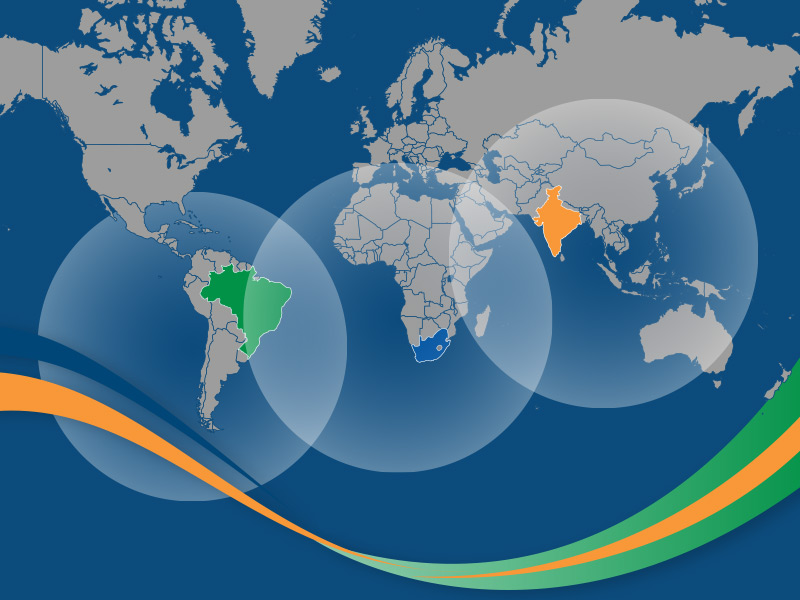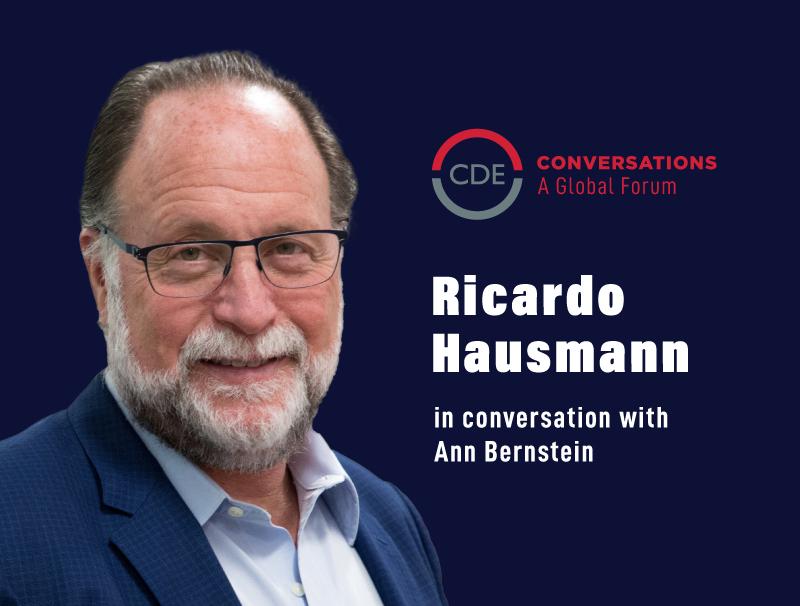Key Points:

- India, Brazil, and South Africa face enormous threats to their competitiveness and growth. Each country lags with respect to the quality of its infrastructure; the quality of its schooling for the vast majority of its citizens; and both Brazil and South Africa lag badly with respect to higher economic growth rates.
- South Africa has built up what is probably the most extensive and expensive welfare state in the developing world. It now encompasses some 15 million people, and involves a variety of unconditional grants.
- In South Africa, there exists major distrust between the state and business. This has come at a cost of strategic and co-ordinated partnership for transformation and development in order to address problems of poverty and unemployment.
- A country’s economic governance reveals a great deal about its development orientation. The South African state needs to ensure that it develops its capacity to formulate and implement its development goals it a way that ensures and improved economic performance.



